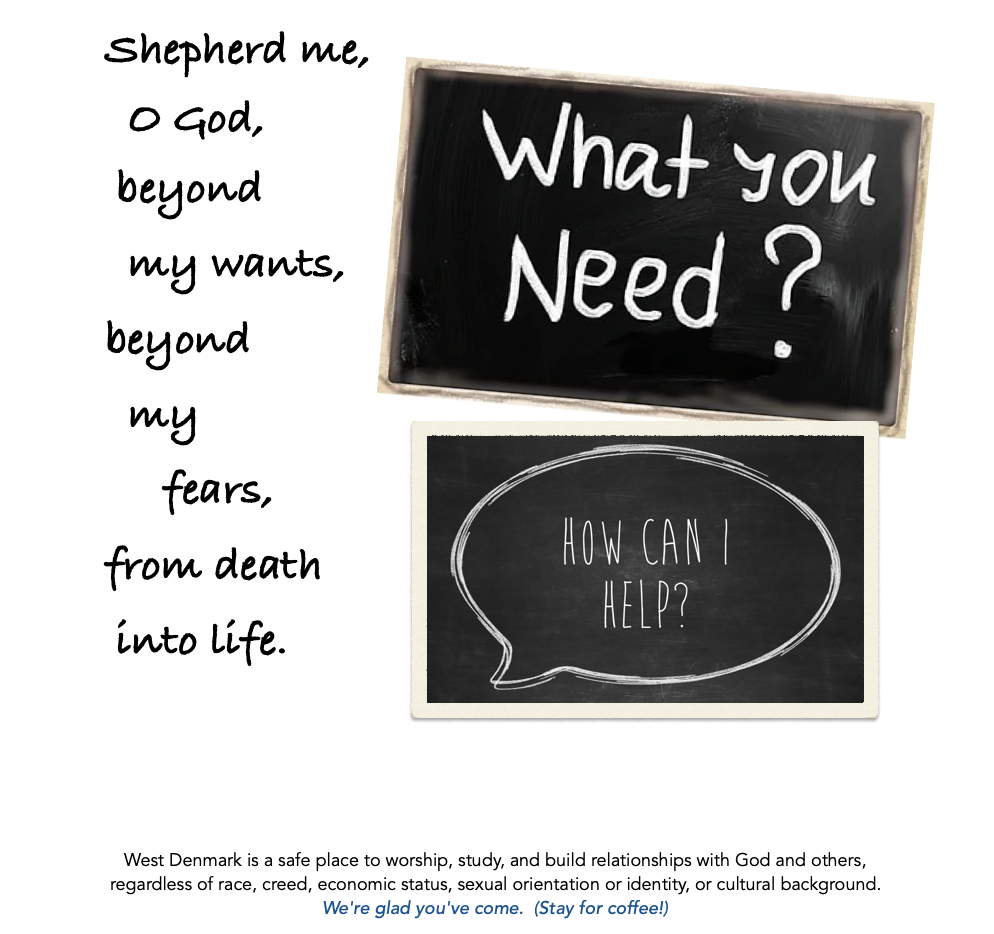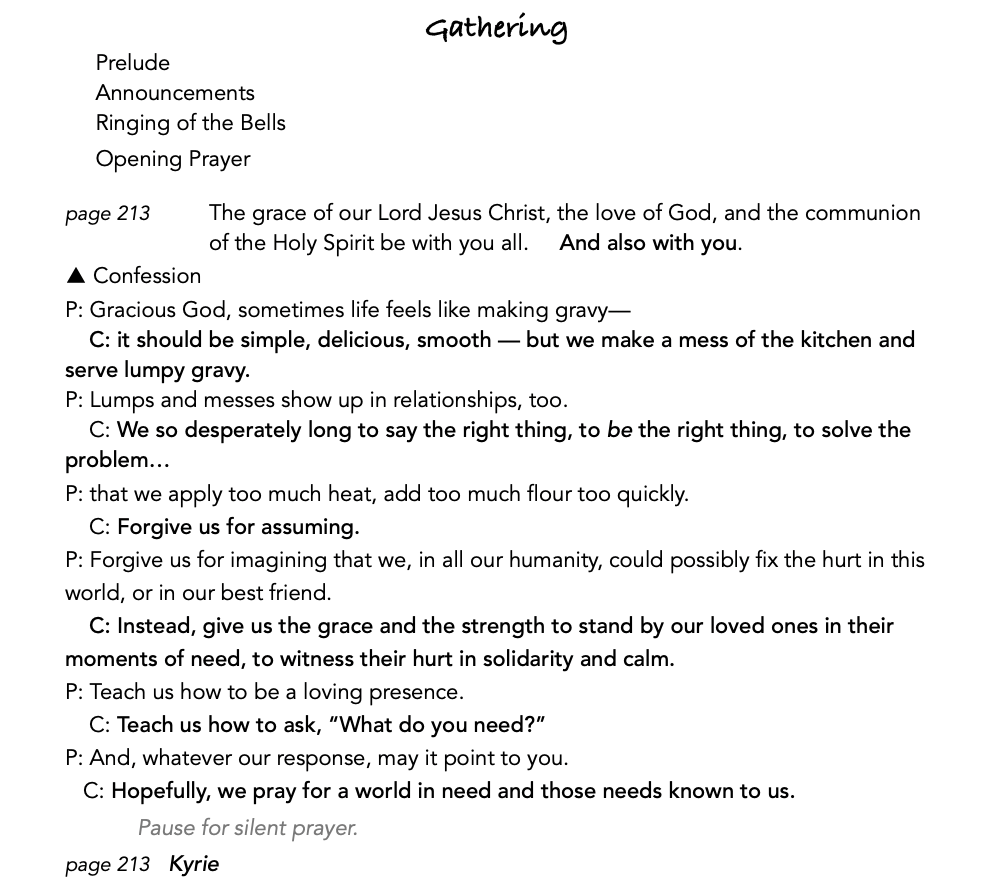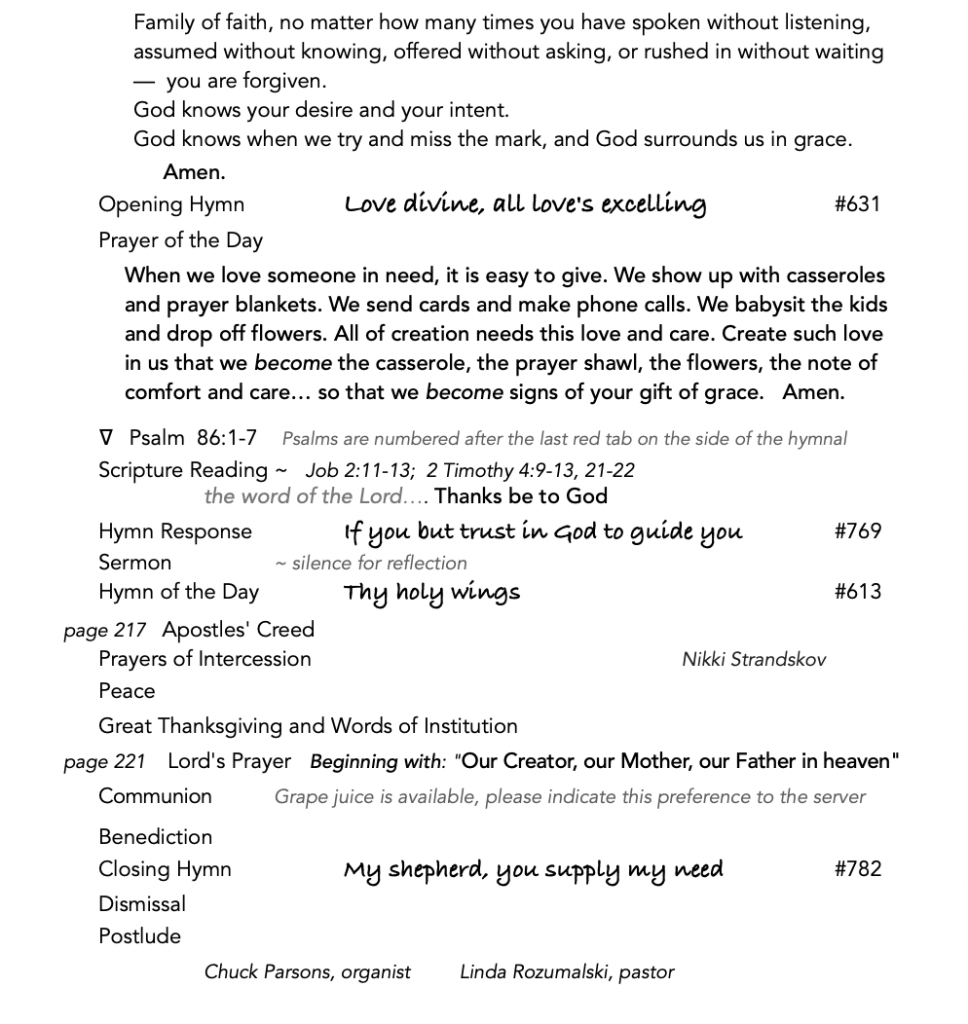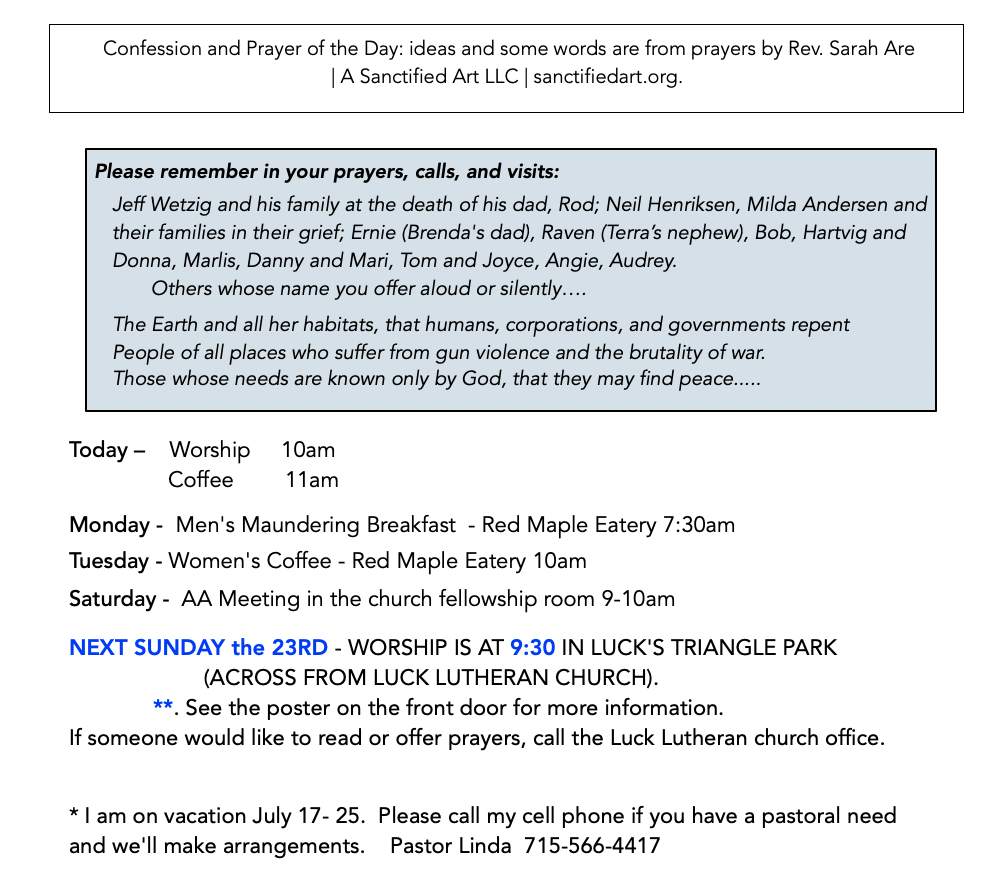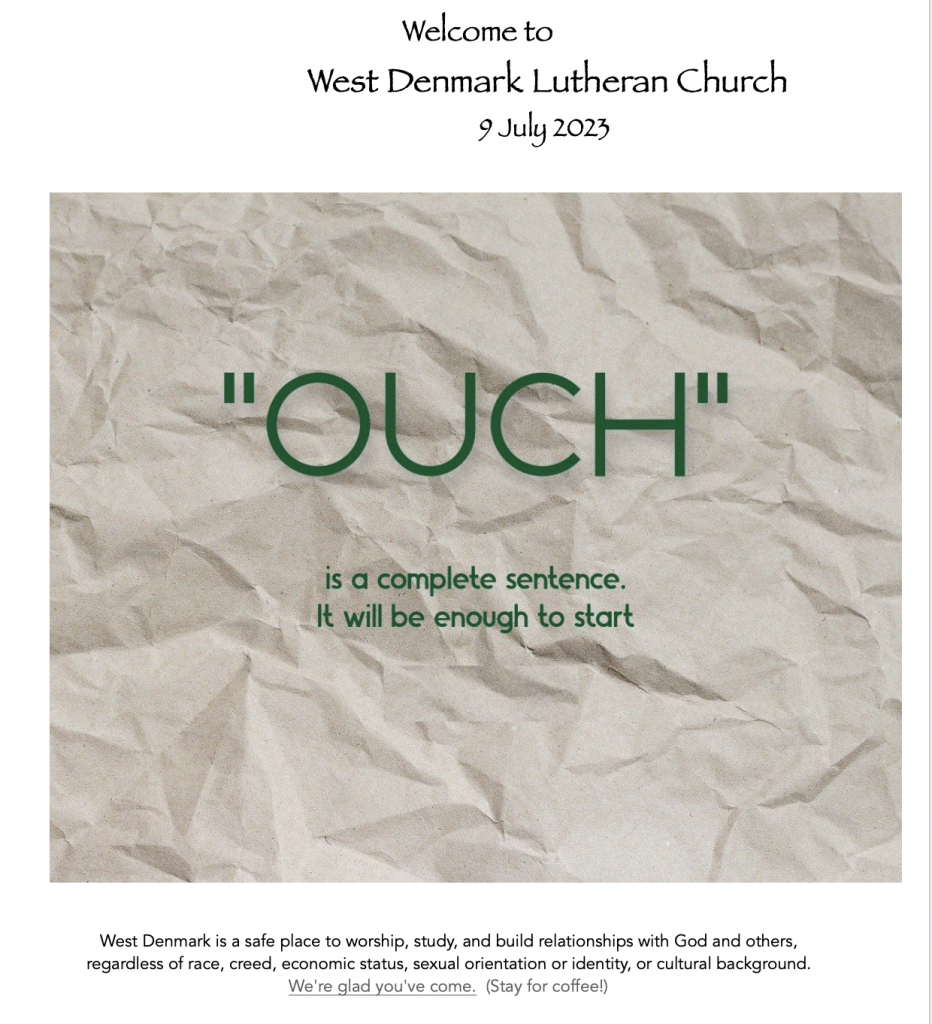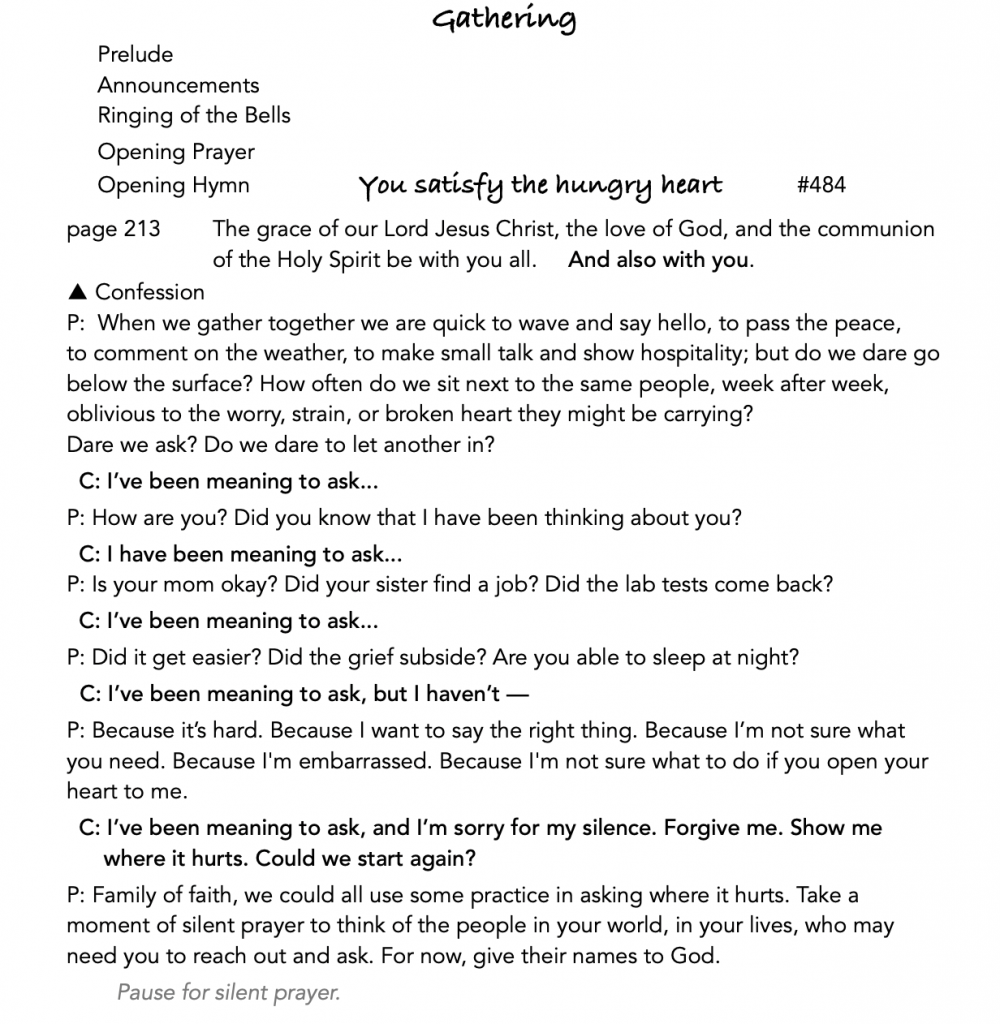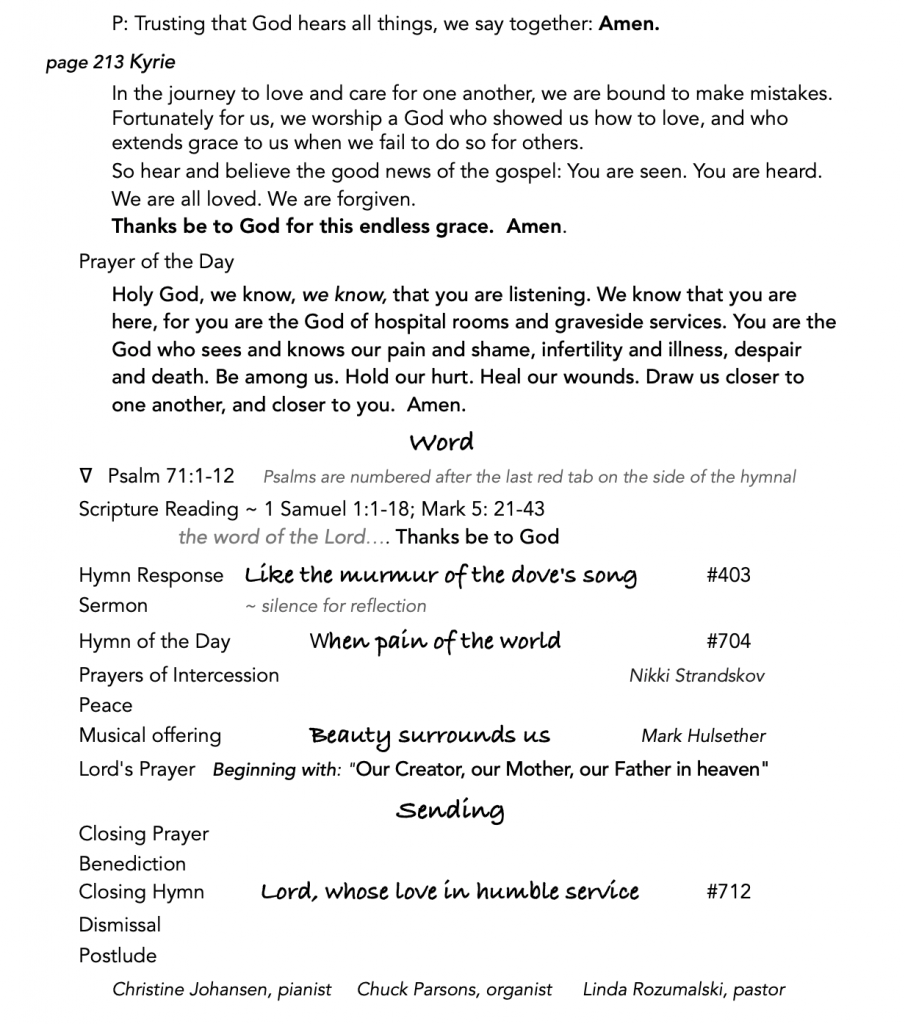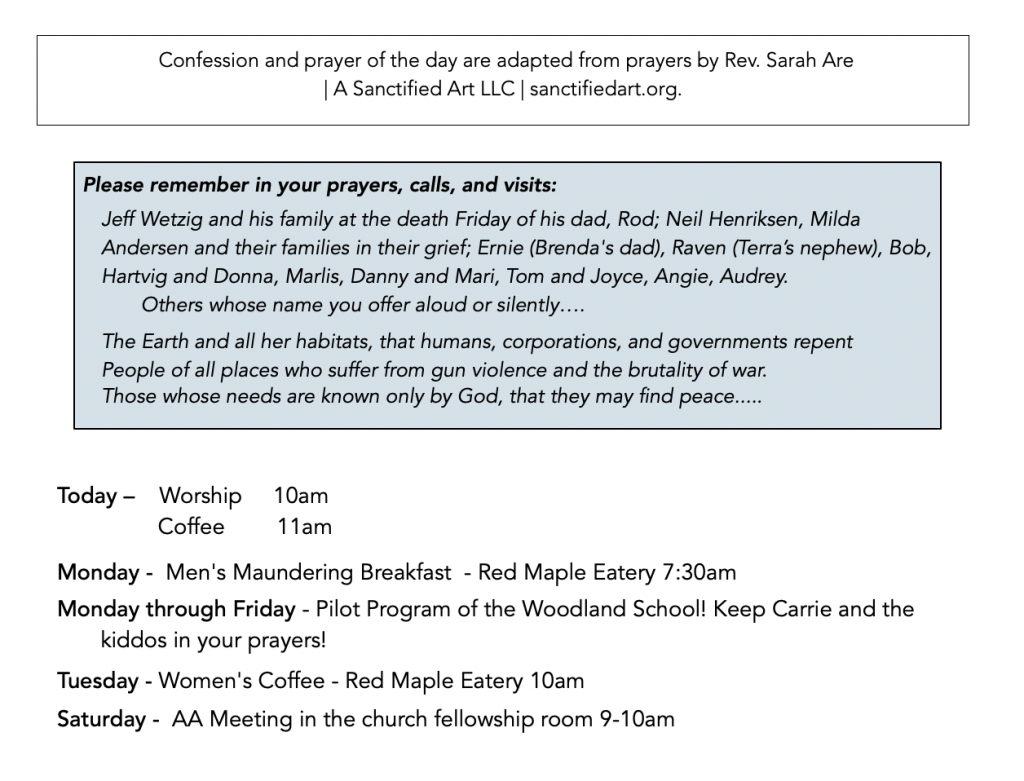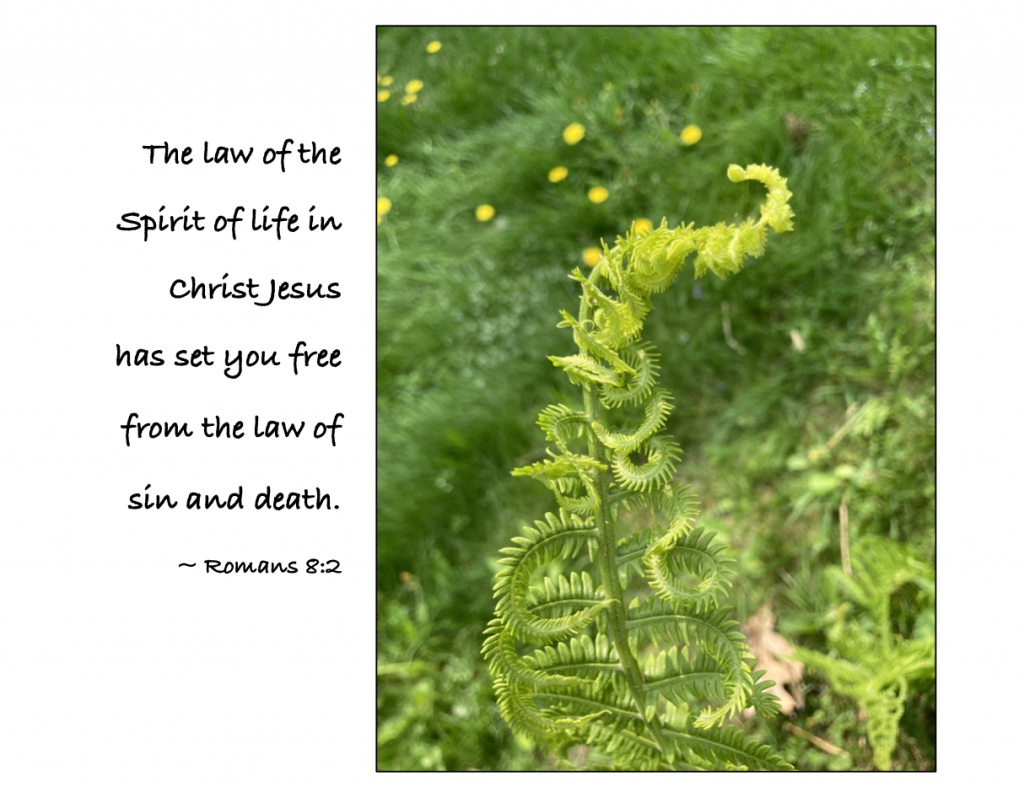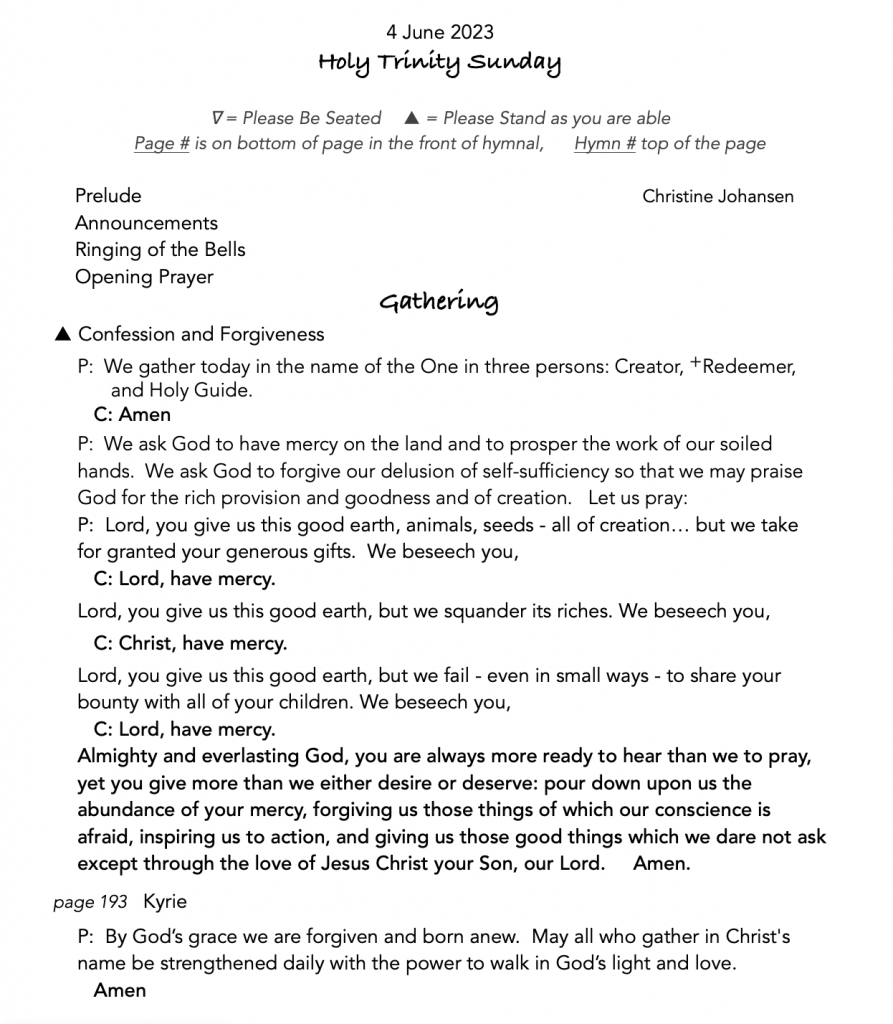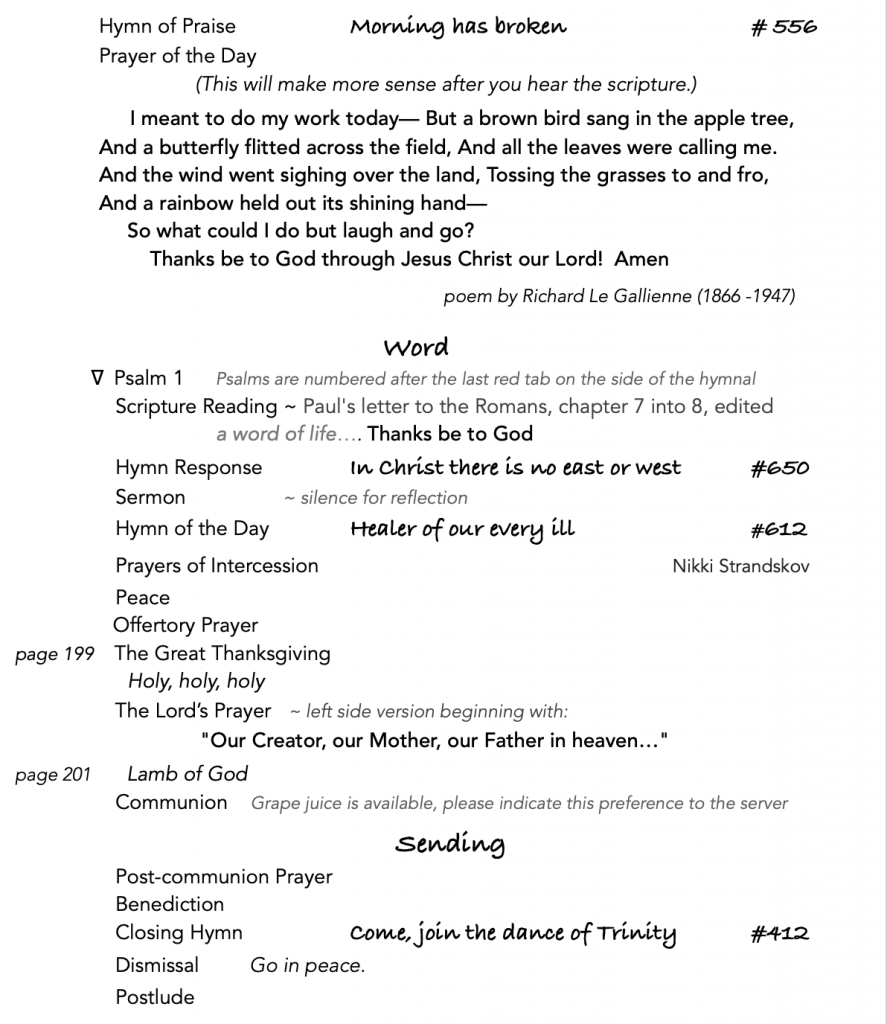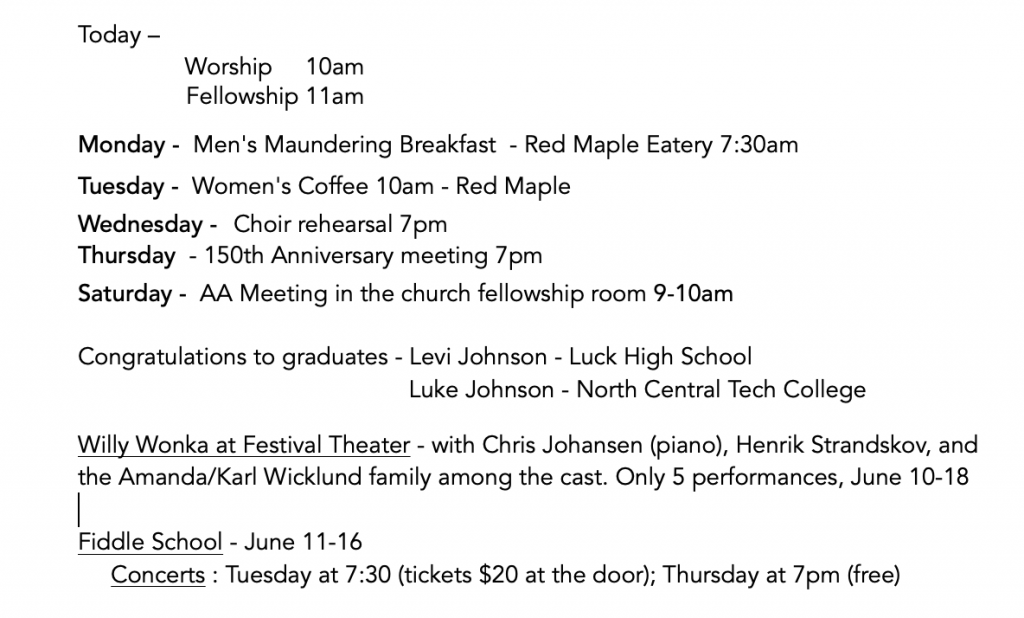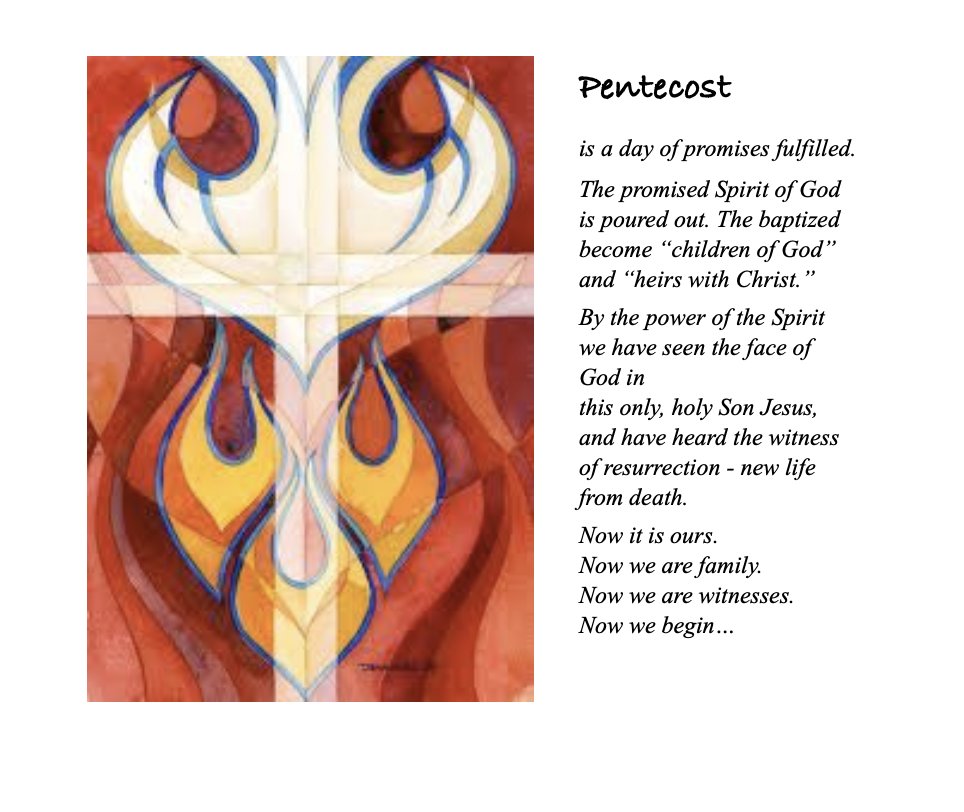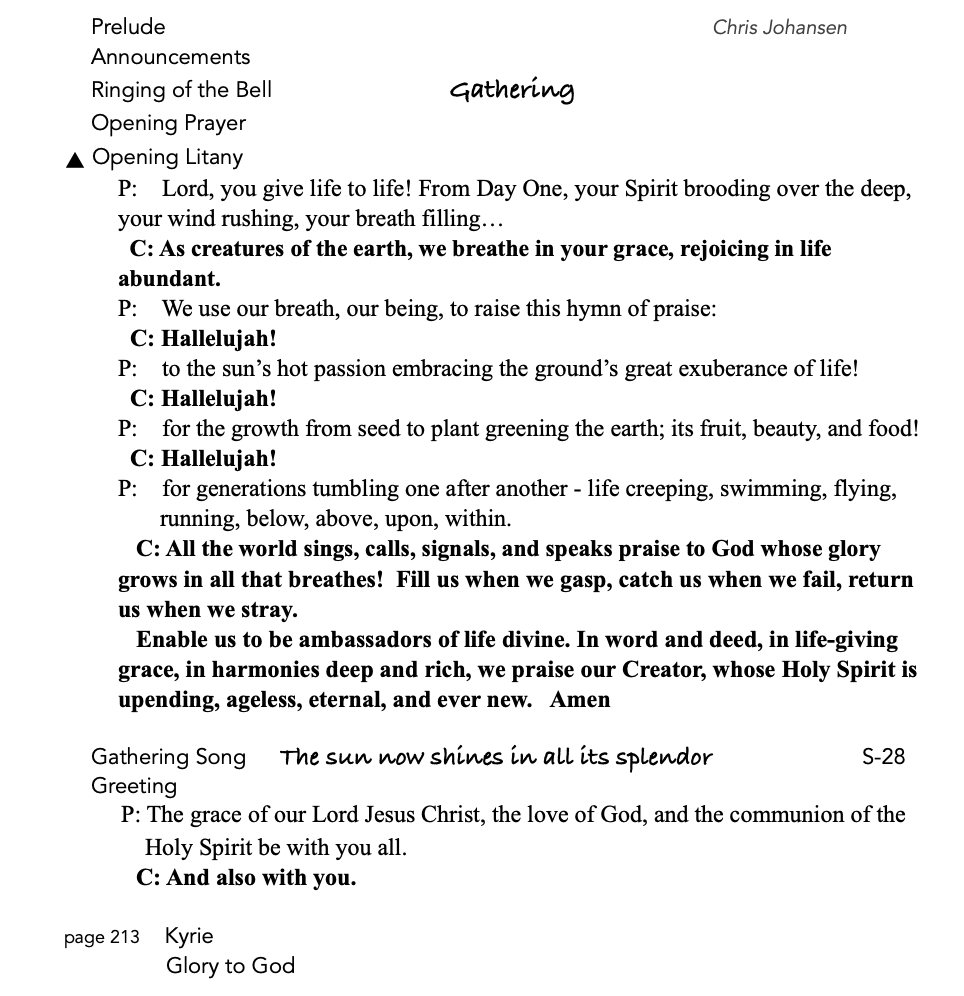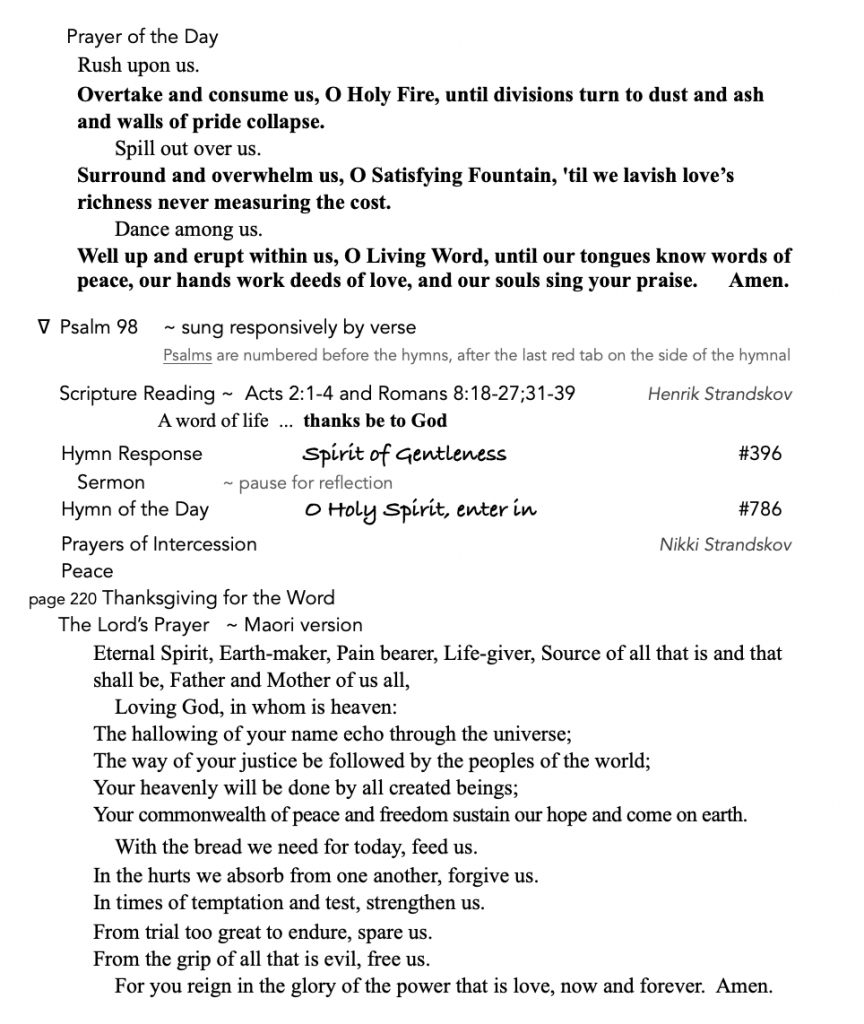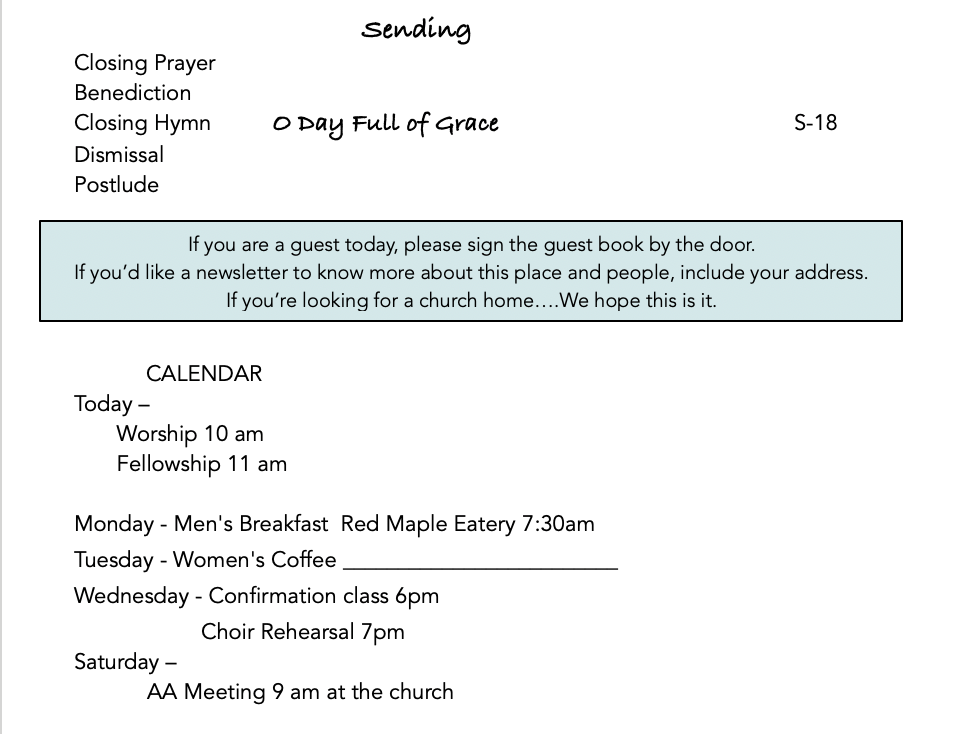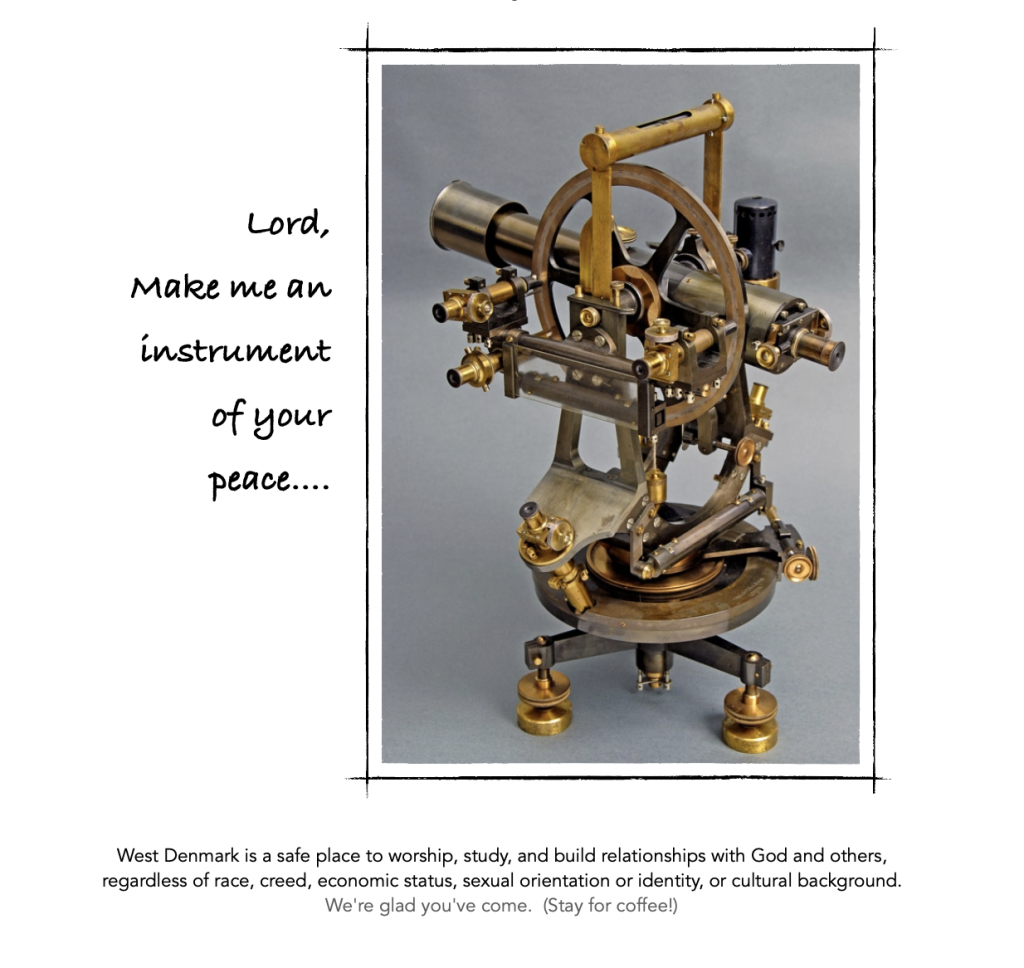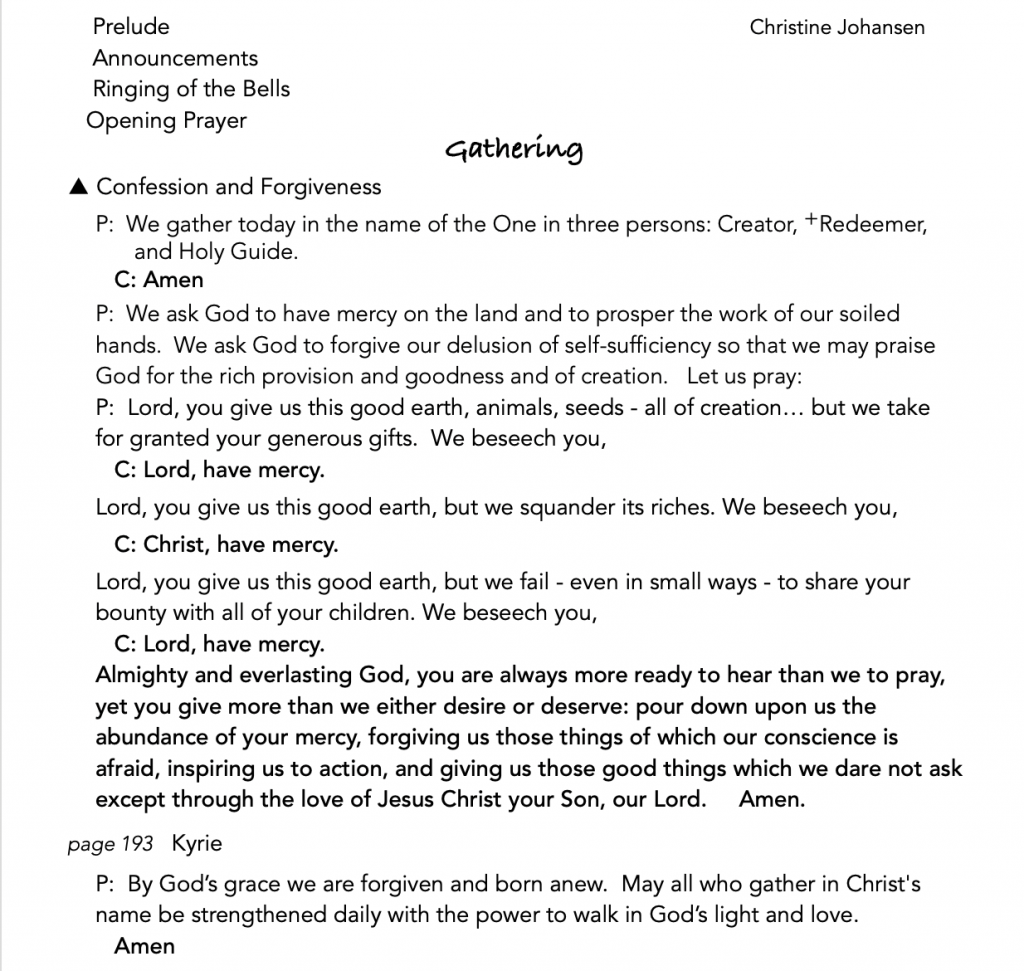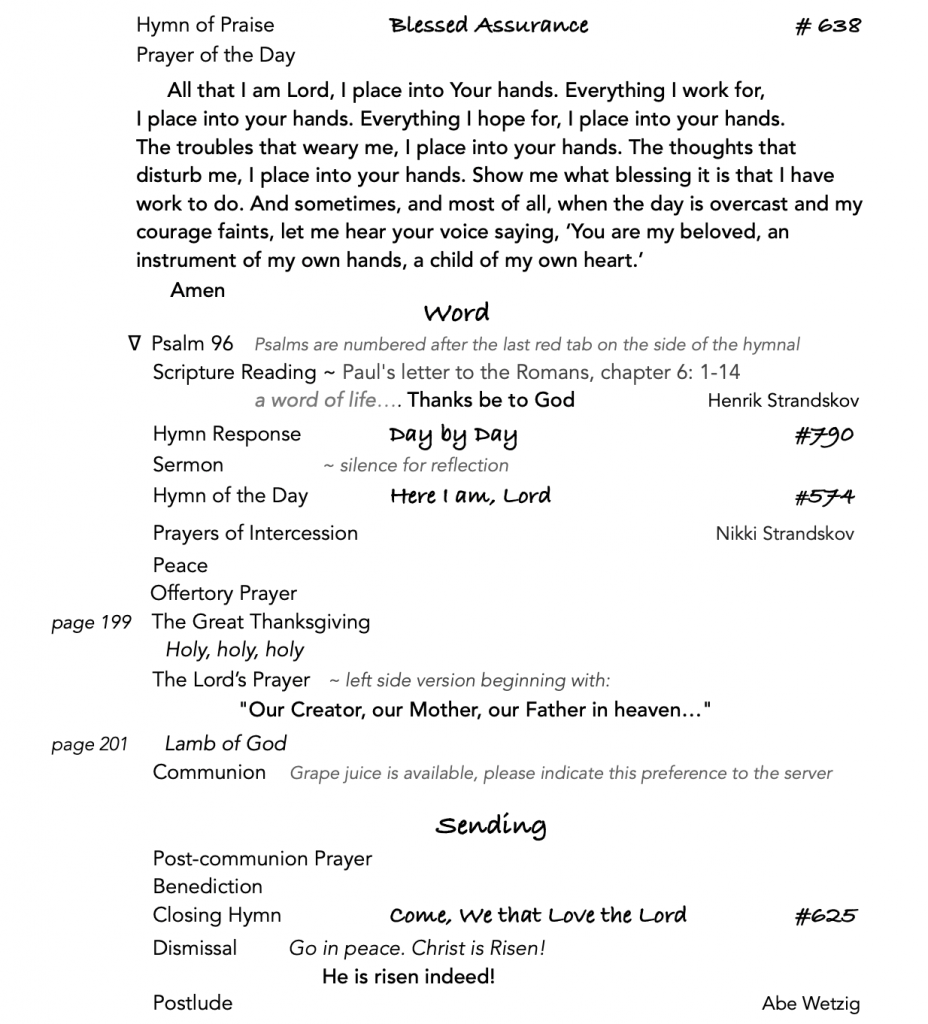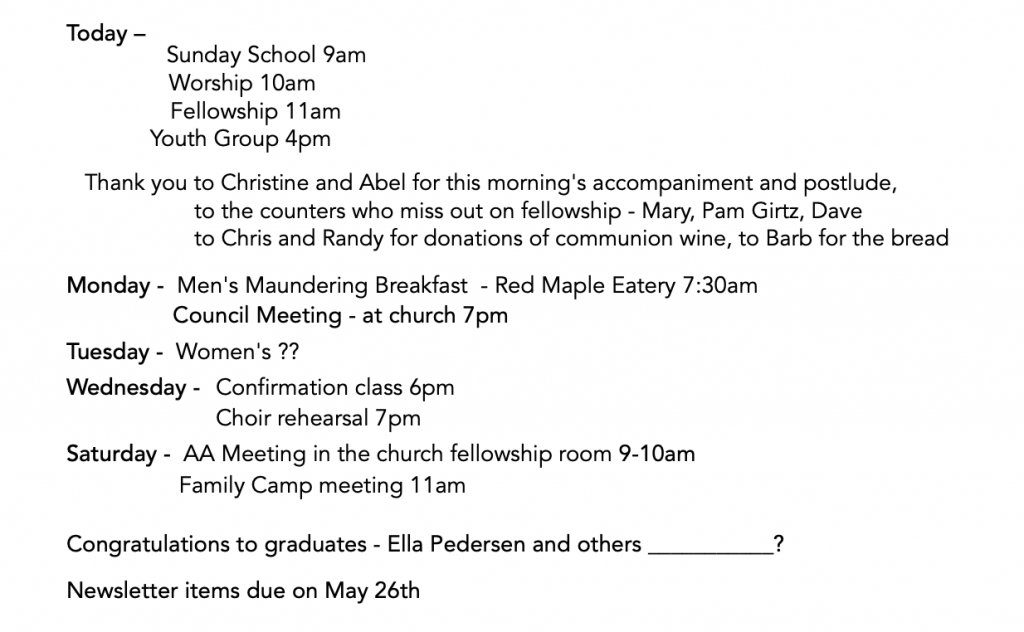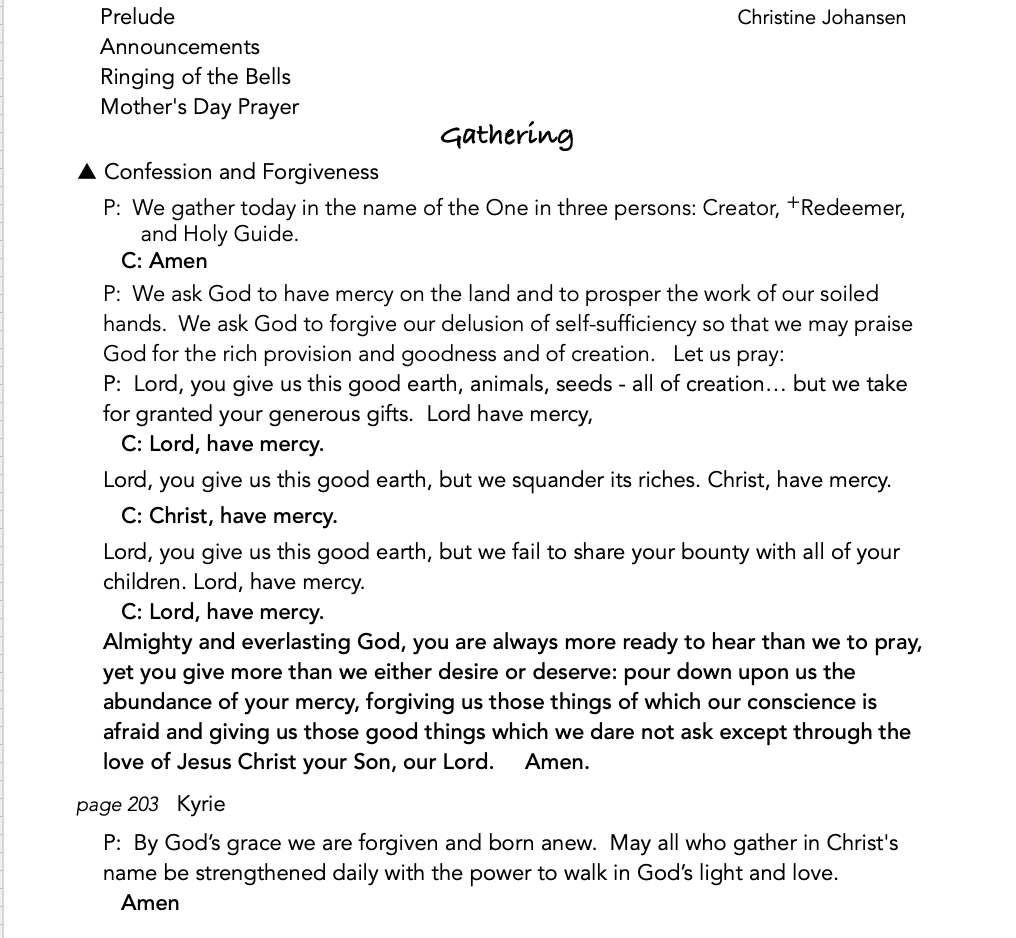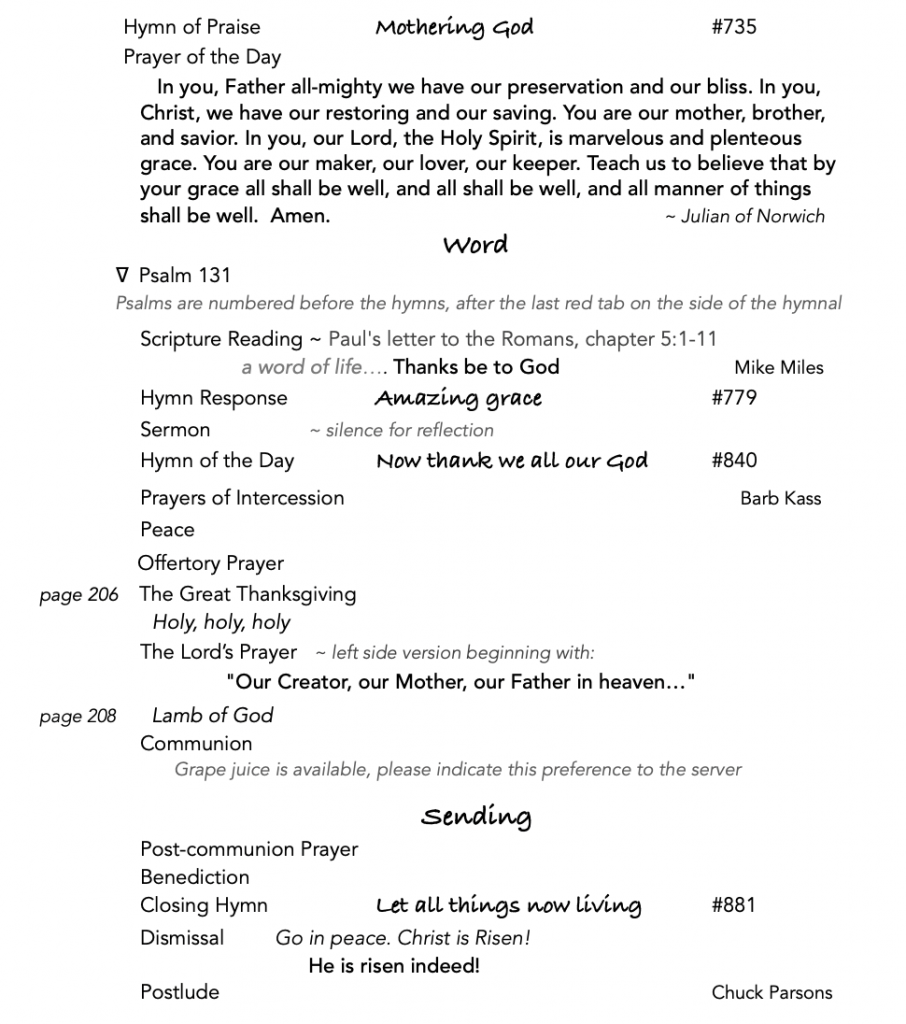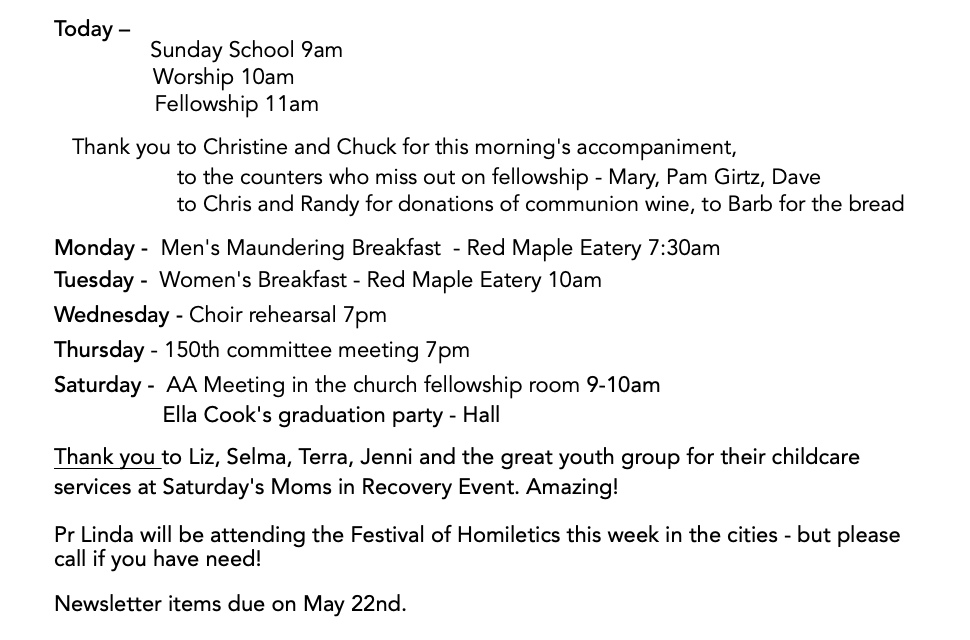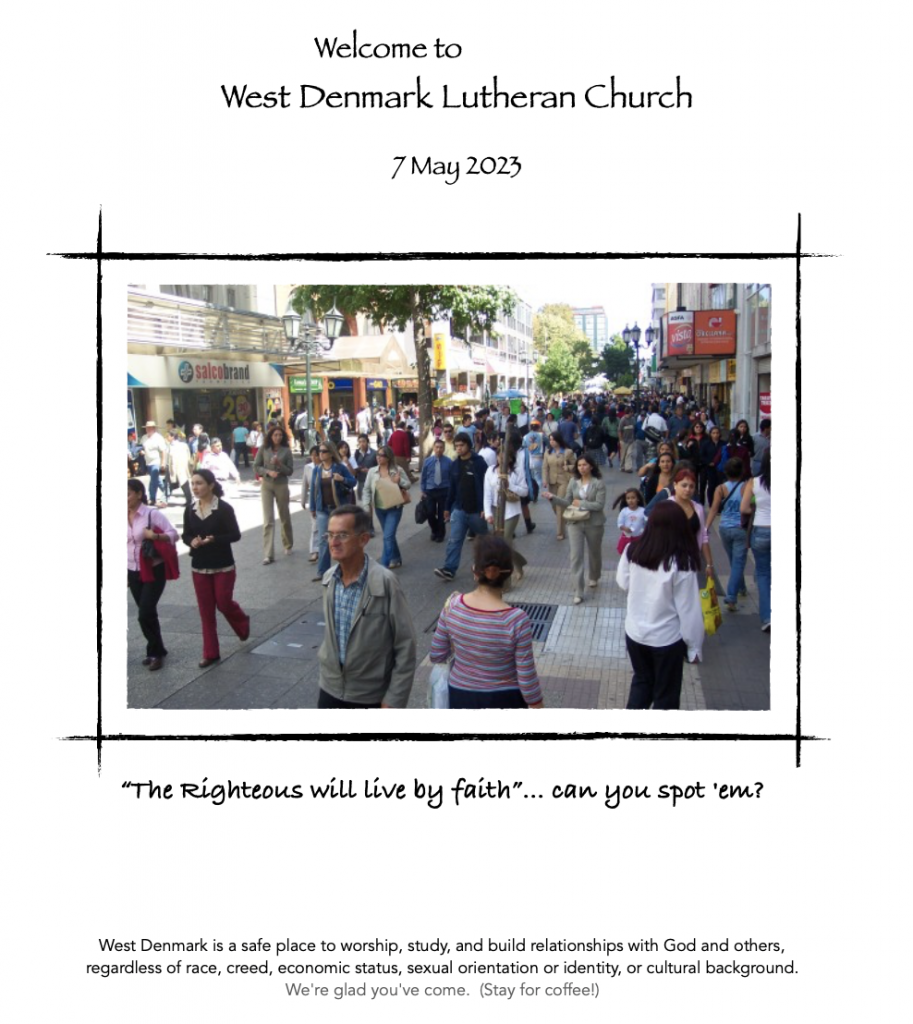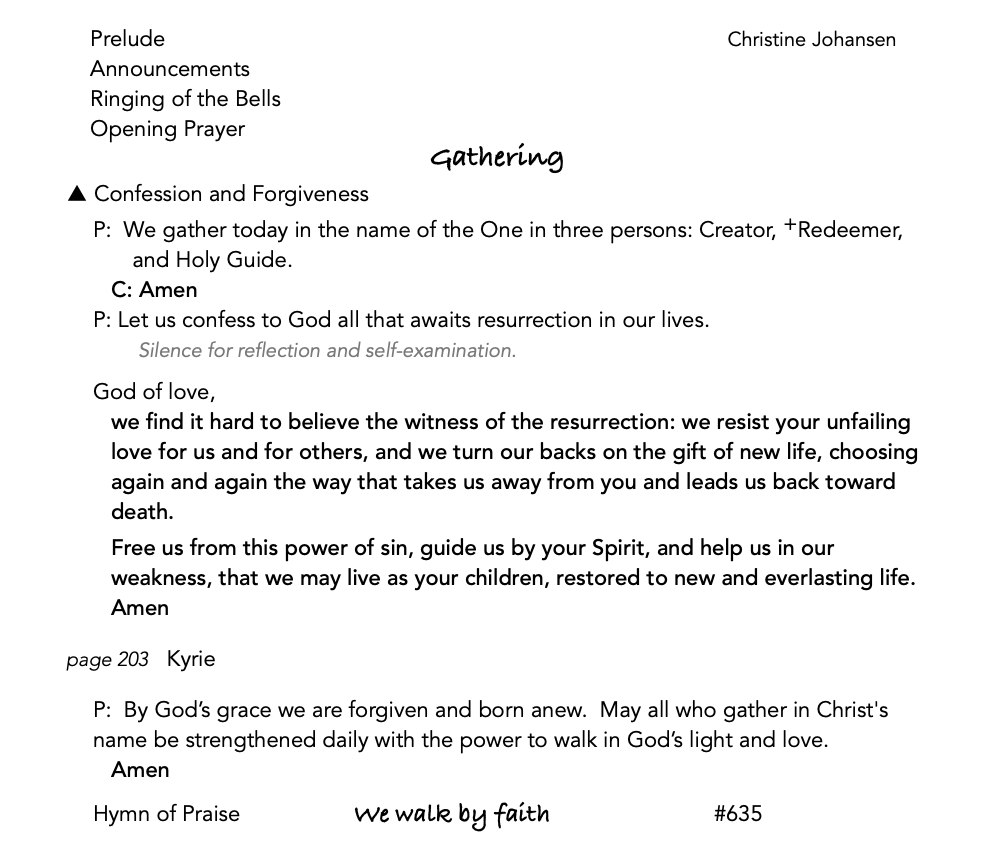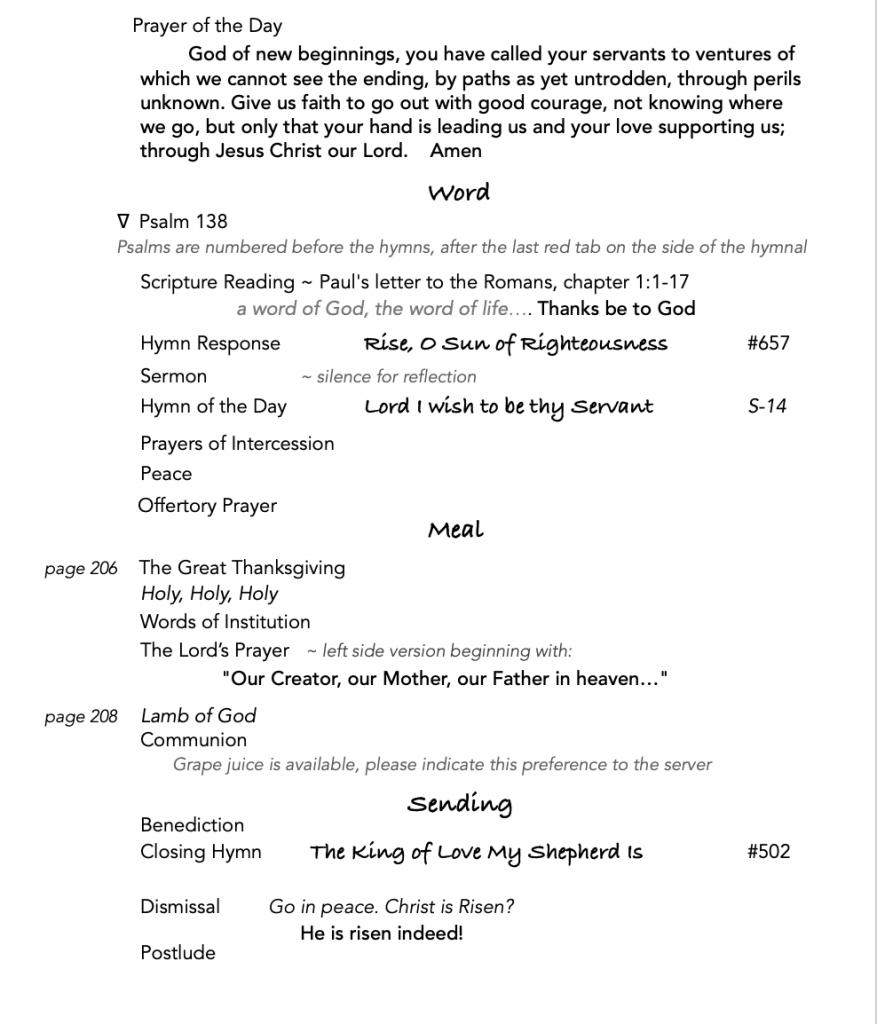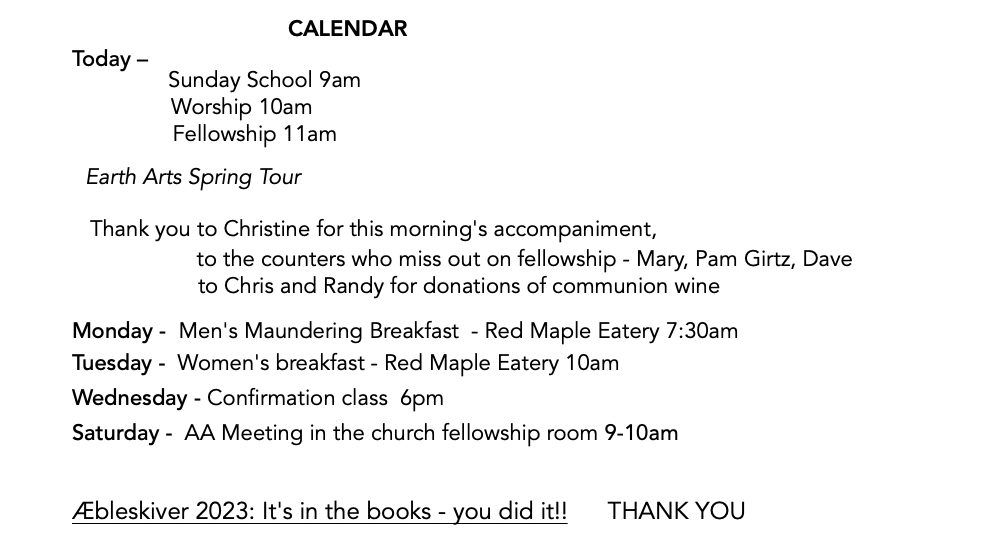Audio Recording
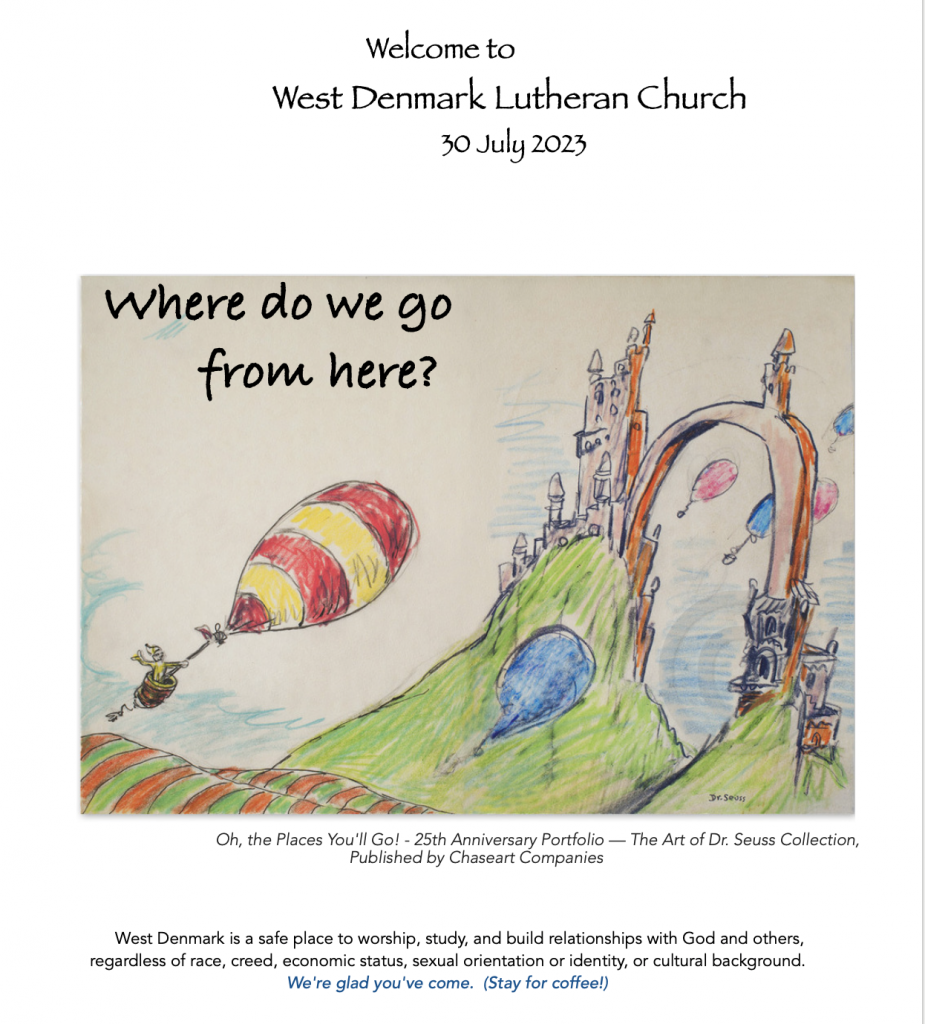
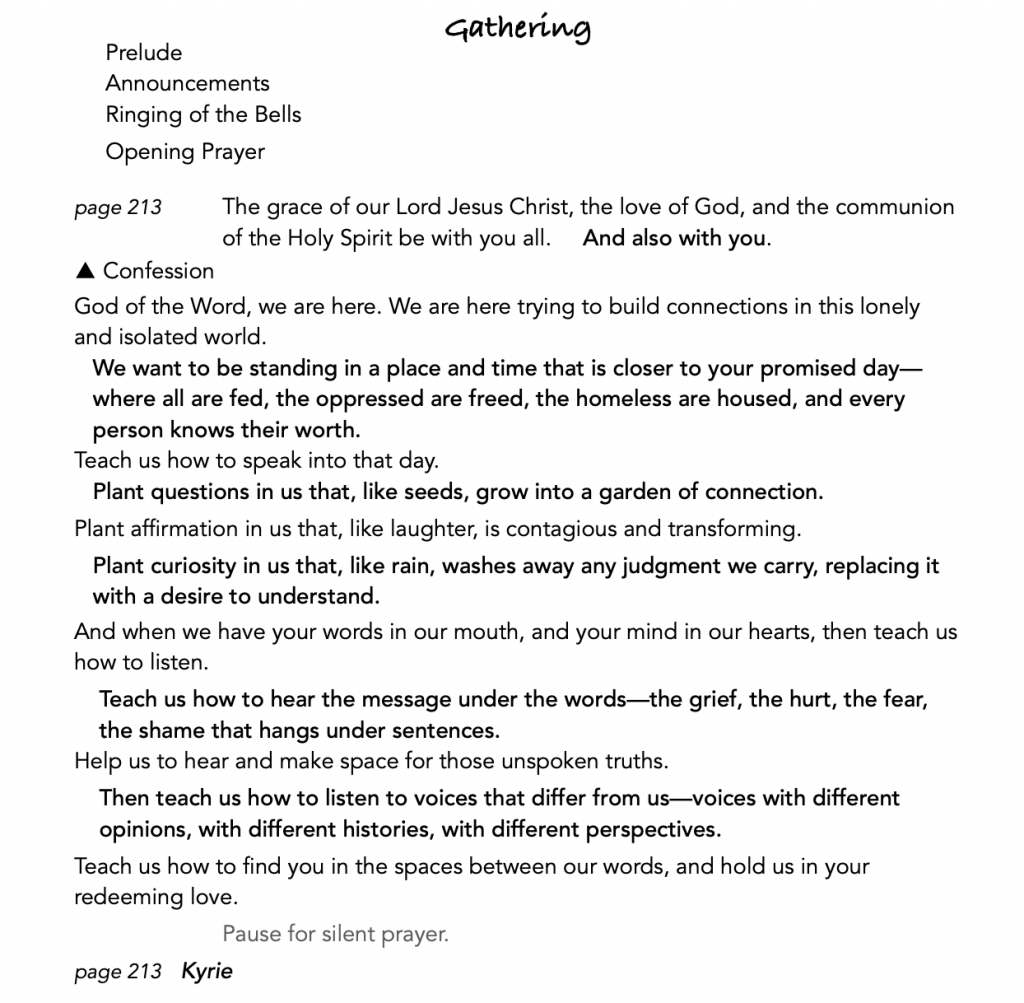
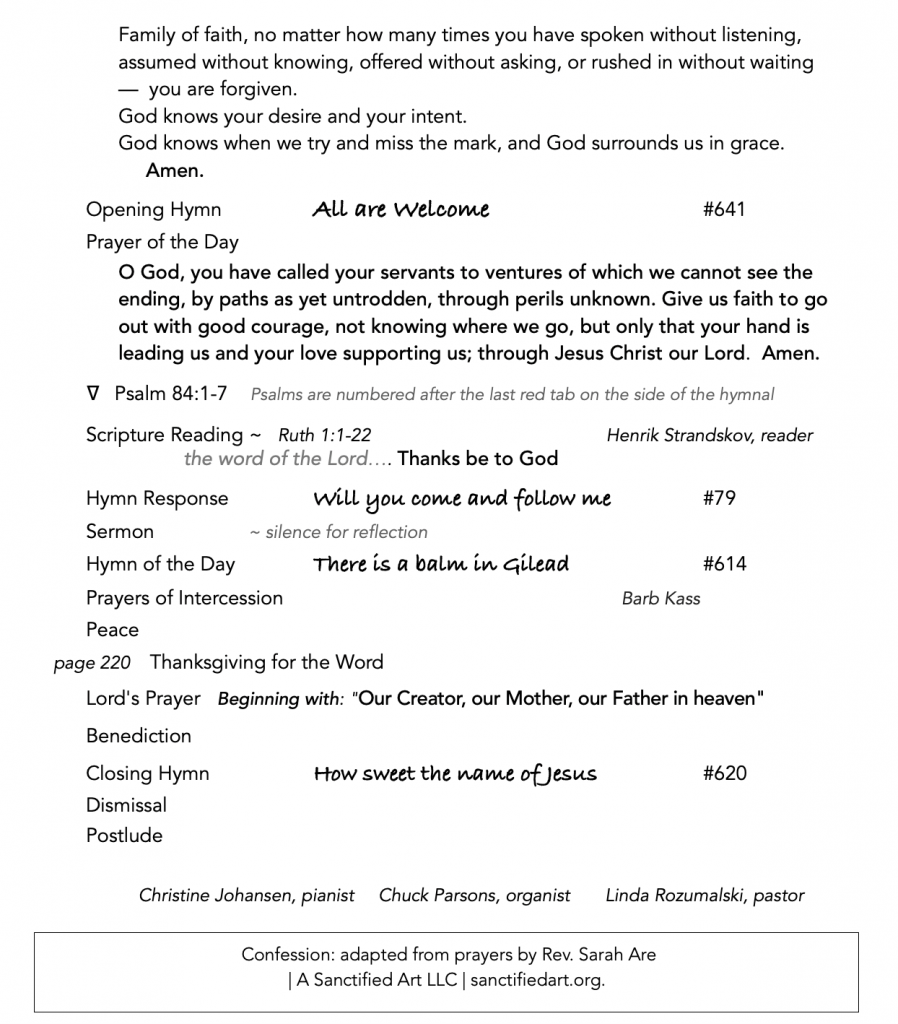
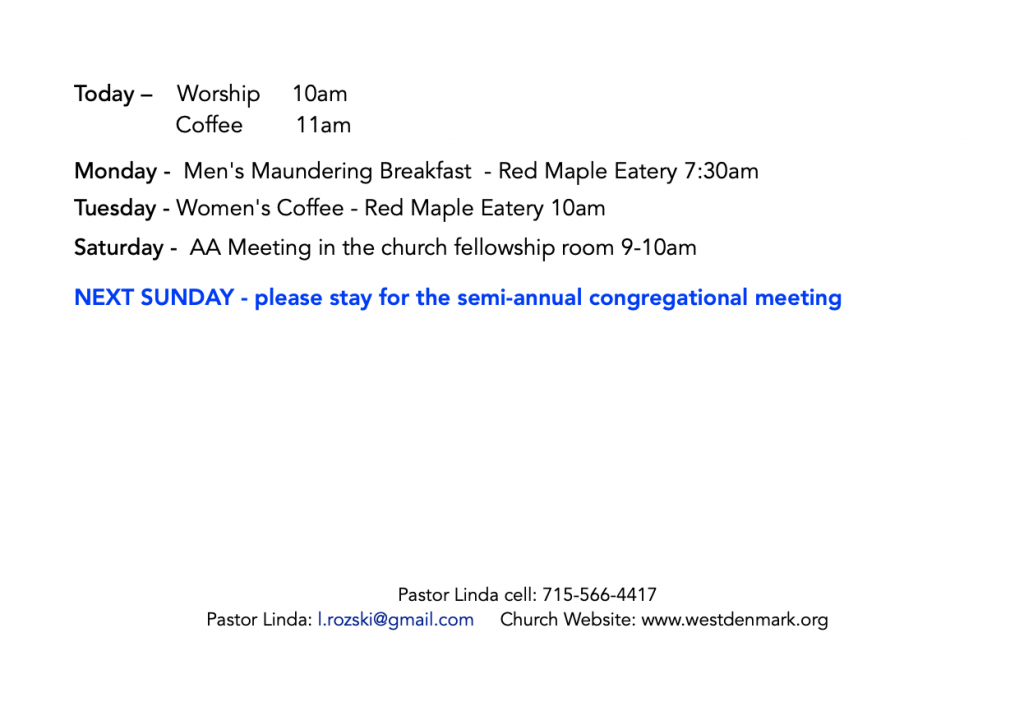
Ruth 1:1-22
In the days when the judges ruled, there was a famine in the land, and a certain man of Bethlehem in Judah went to live in the country of Moab, he and his wife and two sons. 3But Elimelech, the husband of Naomi, died, and she was left with her two sons. 4They each took Moabite wives; the name of one was Orpah and the name of the other Ruth. When they had lived there for about ten years, 5both Naomi’s sons also died, so that the woman was left without her two sons or her husband.
6 Then she started to return with her daughters-in-law from the country of Moab, for she had heard in the country of Moab that the Lord had had consideration for his people in Bethlehem and given them food. 7So she set out from the place where she had been living, she and her two daughters-in-law, and they went on their way to go back to the land of Judah. 8But Naomi said, ‘Go back each of you to your mother’s house. May the Lord deal kindly with you, as you have dealt with the dead and with me. 9The Lord grant that you may find security, each of you in the house of your husband.’ Then she kissed them, and they wept aloud. 10They said to her, ‘No, we will return with you to your people.’ 11But Naomi said, ‘Turn back, my daughters, why will you go with me? Do I still have sons in my womb that they may become your husbands? 12Turn back, my daughters, go your way, for I am too old to have a husband. Even if I thought there was hope for me, even if I should have a husband tonight and bear sons, 13would you then wait until they were grown? Would you then refrain from marrying? No, my daughters, it has been far more bitter for me than for you, because the hand of the Lord has turned against me.’ 14Then they wept aloud again. Orpah kissed her mother-in-law, but Ruth clung to her.
15 Naomi said, ‘See, your sister-in-law has gone back to her people and to her gods; return after your sister-in-law.’ 16But Ruth said, ‘Do not press me to leave you or to turn back from following you! Where you go, I will go; where you lodge, I will lodge; your people shall be my people, and your God my God. 17 Where you die, I will die — there will I be buried.
May the Lord do thus and so to me, and more as well, if even death parts me from you!’
18When Naomi saw that Ruth was determined to go with her, she said no more to her.
19 So the two of them went on. When they came to Bethlehem, the whole town was stirred because of them; and the women said, ‘Is this Naomi?’ 20She said to them, ‘Call me no longer Naomi, call me Mara, for the Almighty has dealt bitterly with me. 21 I went away full, but the Lord has brought me back empty; why call me Naomi when the Lord has dealt harshly with me, and the Almighty has brought calamity upon me?’
22 So Naomi returned together with Ruth the Moabite, her daughter-in-law, who came back with her from the country of Moab. They came to Bethlehem at the beginning of the barley harvest.
The word of the Lord………….thanks be to God
Today’s sermon topic question is the final one of this series: “Where do we go from here?”
It’s a question we probably ask fairly often in our own lives in various ways. It’s the question of new graduates, and of their empty-nest parents. It’s the question of couples who have survived the wedding and now begin the marriage. It’s the question of those who retire. It’s the question of damaged relationships, and of new grief. It’s the question of disappointment. It’s the question of relief after a summer of big church events. It’s the question of getting to the mountaintop and looking around and wondering what could possibly be this good again. It’s the question of those who meander and end up off the map and not where you expected to be. What now? What’s next? Where do we go from here?
It is a perfect question for us to be asking after our 150th anniversary celebration, while still marking the accomplishment, and honoring the heritage, and recognizing the challenge of being a church in rural Polk County in this age of church disaffiliation and Christian White Nationalism that makes us want to become Druids who follow Jesus the Christ.
It’s been framed a bit differently, but has been the question of the synod leadership in our conferences for over a year: “What are the next best faithful steps?” Where do we go from here?
The Lord of the Rings, by Tolkien, is quoted in some form whenever Jan and Marnie are together in our house. My favorite of the quotes includes this insight: “Not all those who wander are lost”. Asking what’s next doesn’t mean you are floundering or clueless. It’s not that we need to reinvent ourselves, but we do need to always reimagine the path, refocus the goal, re-rouse ourselves for the purpose of our being as individuals and as the church. It is, at its base, a hopeful, curious question and a challenge. It implies change and change is both a sign of hope and new life and often is difficult because we like the stasis of what is known and familiar.
Naomi had a choice. She could have stayed in Moab in her grief. Her daughter-in-laws could have remarried and brought her into their circle of provision is some way. But she heard that the Lord had taken pity on the chosen people in Judah in the form of a bounteous barley crop. Even though she believed she was cut off personally from God’s love, she trusted in the community of faith among her people. A kernel of hope led her to undertake a long trudge into the unknown. Not all who wander are lost.
Ruth and Naomi create a new covenant with each other, choosing to be in a relationship across their religious, cultural, and generational divides. As women, they built power together in a system where they had very little power or agency. In many ways, the first chapter of Ruth encompasses all of the themes in this series: 1) Where are you from? (Bethlehem/Moab); 2) Where does it hurt? (Naomi want to be renamed Mara: “it hurts everywhere;” 3) What do you need? (Naomi needs Ruth – and to be known, acknowledged among her kin); 4) Where do we go from here? (Ruth promises to go wherever Naomi leads her and together they leave the famine to arrive in Bethlehem at the beginning of the barley harvest, a nurturing new beginning).
Rev. Aisha Brooks-Johnson, writes the commentary for this week’s question in A Sanctified Art, and noted that we have experienced death, grief, dislocation and loss in the midst of a global pandemic; racial brokenness, economic disparity, and political division. She asks if we can imagine a world in which we took spiritual oaths like the one found in the book of Ruth. What if, like Ruth, we resisted the temptation to fight or flee in the face of grief, pain, and oppression? What if we took these vows with members of our human family? By the mercy of God and because of God’s grace, we are bound to one another. Your pain is not your own, but is now my pain. The plight of your people is held in my hands and my heart as if they were my own. Where you journey and work, I too, will journey and work alongside you, with God’s help. Where your bones are buried, may I too, find a resting place and declare every earthly resting place sacred in the eyes of God.
In the changes, dislocations, disappointments, of your personal life — in the long trudge into the unknown — What is your kernel of hope? What is still missing? What motivates you? What do you need? Who do you long to be? Where do we go from here?
The spiritual life is, by nature, nebulous, ephemeral — but it’s not flimsy. It is real, and I bet you have experienced its power from time to time. This is the harder side of the question to respond to. It’s easier to get on with the business of things, to come up with bullet point plans and to-do lists rather than to imagine the next steps of faith, to conceive a greening of growth and grace in our congregational or personal spirituality. But we are gathered to worship and pray and praise God for the love and connections, for the ephemeral joys of the spiritual life we share.
The business and busyness of the church is vital and interesting and engaging. I want to take nothing away from that. At the same time, I want to ask how we might put similar energy and engagement into the more mystical dimension of our purpose? What are you needing or looking for? What do you need to ask or hear? Where do we go from here to get there?
These are real questions – this month of questions – that I want to not forget about as we move on to the next thing. There’s always a next thing. Where does it hurt? What do you need? Where do we go from here to engage and respond to the answers you might give?
What does it mean to come to church at West Denmark? And what does it mean to you to be the church at West Denmark, in Luck, or Frederic or Siren or Edina, in your neighborhood, among your other sets of people?
What comes next for this worship- service- fellowship of care?
Rev. Sarah Are from A Sanctified Art wrote this prayer to close the series:
Holy God,
We are naturals when it comes to stalling out. We reach a certain point in the relationship, in the conversation, in our faith, and then we stall. We buy property on the top of the plateau and build a house there, destined to never dig deeper or climb higher.
Forgive us for giving up on the things that matter.
Forgive us for confusing the plateau with the mountain top. Forgive us for taking the easy way out instead of doing the hard work of curiosity, relationship-building, vulnerability, and connection.
Inspire us to see new paths for where we can go from here. With hope and honesty we pray,
Amen.
